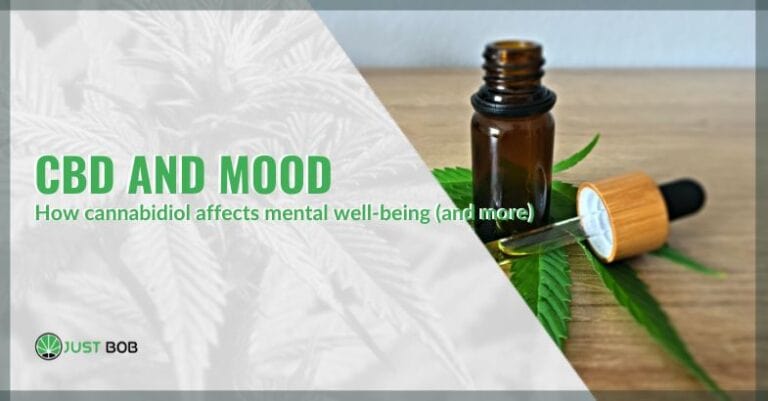Modified on: 15/05/2024
CBD MAY HAVE SEVERAL BENEFICIAL EFFECTS, BUT RESEARCH IS STILL ONGOING AND NOT ALL COUNTRIES ALLOW ITS USE
Cannabidiol (CBD), a key component of legal cannabis, is derived from the Cannabis sativa plant and shows promise for therapeutic applications. Unlike THC, which is psychoactive, CBD does not produce the ‘high’ typically associated with marijuana. While CBD is legal in some countries, its legality varies worldwide, and it’s essential to be aware of your country’s regulations.
In recent years, CBD has been studied for its potential anti-inflammatory, analgesic and anxiolytic properties. In countries where consumption is permitted, it is used in various formats: pre rolled CBD, capsules, creams, and edibles, to treat conditions and diseases such as anxiety, chronic pain, and sleep disorders.
-
 SMALL & BIG
SMALL & BIGBUBBLEGUM
Starting from: 1,25CHF/gIndoor | CBD – CBDA <22%
Grams3 5 10 20 50 100 -


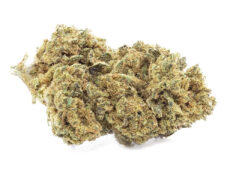
DO SI DOS
Starting from: 2,00CHF/gIndoor | CBD – CBDA < 19%
Grams3 5 10 20 50 100 -


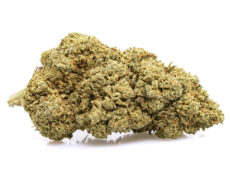
ROYAL GG#4
Starting from: 2,30CHF/gIndoor | CBD – CBDA < 40%
Grams3 5 10 20 50 100 -


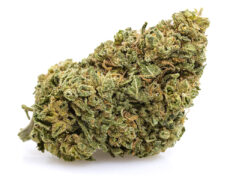
GORILLA GLUE
Starting from: 2,90CHF/gIndoor | CBD – CBDA < 20%
Grams3 5 10 20 50 100
Research on CBD is still developing, but several preliminary and anecdotal studies suggest that it can have a positive impact on general well-being, including improving mood. This is prompting regulation and standardization of the active ingredient with the goal of offering safe, high-quality products.
Despite its therapeutic potential, highlighted by several studies (including this one published in 2020) it is important that, even if you live in a nation that allows its consumption, you consult a doctor before starting any CBD-based treatment, especially if you are already taking other medications, to avoid possible interactions or side effects.
Read also: CBD cannabis: the effects of legal marijuana
CBD and the nervous system: how cannabidiol acts
Science has long been exploring how cannabidiol interacts with our nervous system.
To begin to understand how the interaction between CBD and the brain works, we need to call into question the endocannabinoid system, a complex network of receptors found throughout the body.
Cannabidiol affects this system, but in a different way than other cannabis compounds such as THC.
One of the most surprising effects of CBD is its ability to affect levels of neurotransmitters, chemicals that nerve cells use to “communicate” with each other. Studies have shown that this molecule can regulate levels of serotonin, a neurotransmitter that plays a crucial role in regulating mood and anxiety. This highlights CBD’s potential in treating depression and anxiety disorders.
In addition, it would also appear to have neuroprotective properties. Research suggests that it may ward off the risk of nerve cell degeneration: this could make cannabidiol very useful in combating neurodegenerative diseases such as Alzheimer’s and Parkinson’s disease.
Before allowing ourselves to get excited, it is important to note that, although promising, this research is still in its early stages. CBD, like any other treatment or supplement, must be considered in a holistic approach to health, taking into account its potential interactions with other drugs and the individual’s specific health conditions.
In short, cannabidiol shows excellent potential for treating various disorders related to the nervous system, but further research is needed to confirm its efficacy and safety.
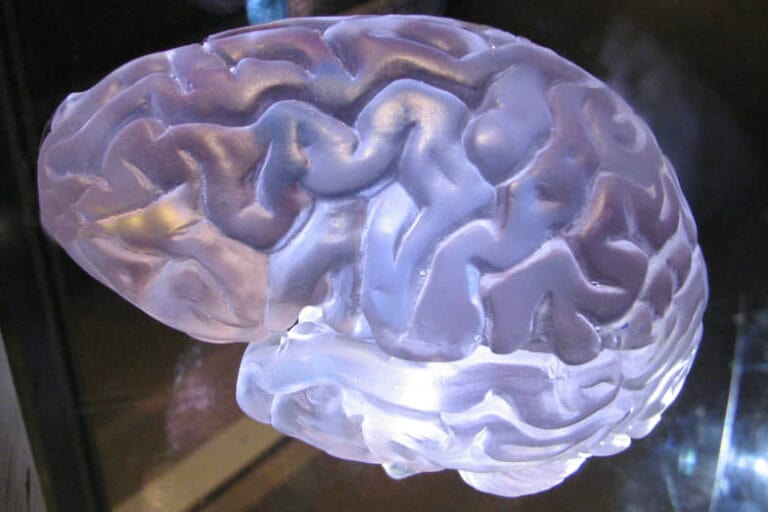

Can CBD have an effect on mood disorders?
CBD has garnered attention for its potential in treating some degenerative diseases, and similarly, it is being explored for its effects on mood disorders. The endocannabinoid system, which CBD influences, plays a crucial role in regulating mood.
Research has delved into the effectiveness of CBD in treating conditions such as depression and anxiety. Notably, it has been found that cannabidiol can influence serotonin levels, a key neurotransmitter in mood regulation. This suggests that CBD, when used under medical supervision and in standardized formulations, has the potential to ameliorate mood disturbances.
CBD also shows promise in managing anxiety and stress-related disorders, including post-traumatic stress disorder (PTSD). Several studies, including specific ones focusing on high-stress scenarios, indicate that CBD can alleviate mood disorders and improve sleep quality in those with insomnia.
Furthermore, ongoing scientific research is investigating the neuroprotective and anti-inflammatory properties of cannabidiol, which could help mitigate symptoms of mood disorders linked to inflammation or neurological damage.
However, it’s important to note that research on CBD is still in early stages. Although some studies suggest benefits, further research is necessary to fully understand the efficacy and safety of CBD in treating mood disorders. Its use, particularly in individuals on other medications or with pre-existing medical conditions, should be monitored by a physician.
Cannabidiol: side effects and safety considerations
CBD is generally considered safe, but it’s important to be aware of potential side effects and safety considerations. Most studies suggest that it is well tolerated, even at high doses, but some individuals may experience adverse effects.
Common side effects of CBD include fatigue, diarrhea, and changes in appetite or weight. Additionally, cannabidiol can affect how the liver metabolizes some drugs, enhancing or decreasing their effectiveness. Those on daily medications should consider this interaction.
Research also indicates that CBD might influence blood pressure. It may lower blood pressure, beneficial for those with hypertension but requiring caution for individuals with a history of hypotension.
It should also be noted that the quality and purity of CBD products on the market can vary, partly due to lack of regulation in some countries. This can lead to inconsistent levels of active ingredients or, in some cases, higher THC levels than claimed. Therefore, it is crucial to purchase CBD products from reputable suppliers, especially for those legally able to do so.
Guidelines for CBD dosage and methods of administration
Determining the proper CBD dosage and method of use can be complex, considering the diversity of products and individual variations in response to cannabidiol. Common guidelines in countries where CBD is legal suggest starting with a low dosage and gradually increasing it.
It is advisable to begin with a dose of 5-10 mg per day to assess tolerance and effects. This method allows individuals to monitor their body’s reactions and adjust the dosage as needed. The effects of CBD can vary from person to person, influenced by factors such as body weight, metabolism, and the specific condition being treated.
Studies indicate that CBD is generally well tolerated, even at high doses. Gradually increasing the dosage helps minimize the risk of side effects. Once a beneficial dosage is established without adverse effects, it can be maintained.
Regarding methods of use, CBD is available in various forms: oil, capsules, edibles, creams, and CBD buds. The choice depends on personal preference and intended use.
CBD: regulatory landscape
CBD regulations vary widely by country and are subject to frequent changes. This evolving situation reflects the growing interest in cannabidiol and the challenges in regulating a product derived from the cannabis plant.
In the European Union, for example, CBD is legal if derived from licensed hemp strains and contains less than 1 percent THC. However, specific regulations in each member country may influence the marketing and use of cannabidiol.
In the United States, CBD derived from industrial hemp was federally legalized through the 2018 Farm Bill, but state laws vary. Some states have stricter regulations, while others adopt a more lenient stance.
Many states have stringent rules on advertising, labeling, and health claims regarding CBD. Generally, marketing CBD products as cures or preventatives for diseases without solid scientific backing is not permitted.
Consumers and professionals in the CBD industry must stay informed about local and international laws. It’s also crucial to verify the origin and composition of CBD weed products to ensure compliance with local regulations.
Read also: Marijuana and liver: did you know that cannabis has a positive effect on liver diseases?
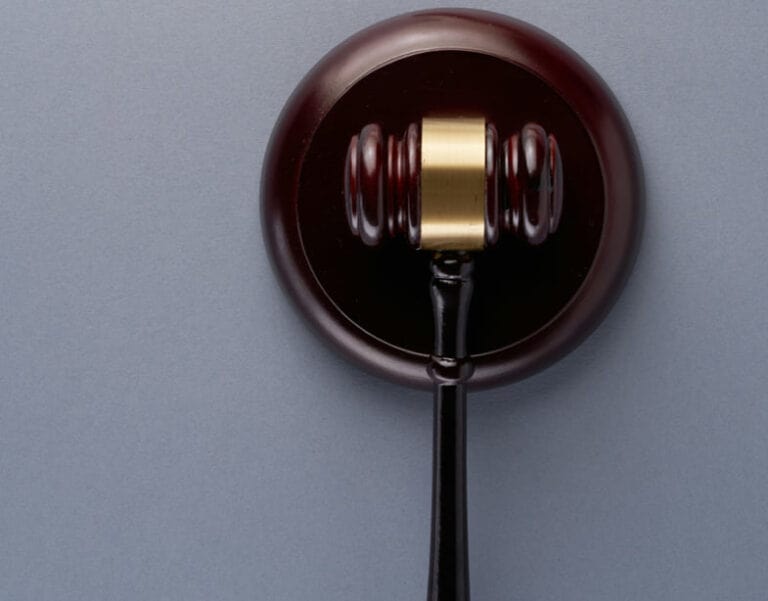

In conclusion
CBD is a compound with much therapeutic potential. Research highlights its effects on various conditions, including mood disorders, pain, and inflammation, due to its interaction with the body’s endocannabinoid system. However, CBD research is still evolving.
The safety and effectiveness of cannabidiol depend on factors like product quality, dosage, and the condition treated. Moreover, CBD regulations are constantly changing, requiring vigilance from consumers and practitioners.
The most prudent approach is to use CBD under medical supervision, particularly in the presence of health conditions or when taking other medications. In countries where its use is permitted, consumers should seek products from reputable suppliers to ensure safety and quality.
Takeaways
- Cannabidiol (CBD), extracted from Cannabis sativa, shows significant therapeutic potential, with studies indicating possible benefits for disorders such as anxiety, chronic pain, and mood disorders.
- Unlike THC, CBD is not psychoactive and does not produce “high” effects. This makes it more attractive for therapeutic use because it does not adversely affect cognition or behavior.
- CBD affects the body’s endocannabinoid system, regulating levels of neurotransmitters such as serotonin. This suggests potential benefits in the treatment of depression, anxiety and mood disorders.
- Although CBD is generally considered safe, it is important to note that it can have side effects such as fatigue and changes in appetite. In addition, it can affect the effectiveness of some medications and blood pressure, so it is critical to consult a physician before using it.
- CBD regulations vary from country to country and can change rapidly. It is essential to be informed about local and international laws and to seek products from reputable suppliers to ensure maximum safety and quality when using CBD.
FAQ
Is cannabidiol psychoactive?
No, cannabidiol (CBD) is not psychoactive. Unlike tetrahydrocannabinol (THC), CBD does not produce ‘high’ or psychoactive effects and is safe to use.
What are the potential benefits of CBD?
CBD has potential anti-inflammatory, analgesic and anxiolytic benefits. It has been studied to treat conditions such as anxiety, chronic pain and sleep disorders. However, research is still ongoing to confirm these benefits.
What are the side effects of CBD?
Common side effects of CBD include fatigue, diarrhea, and changes in appetite or weight. In addition, it can affect the metabolism of some drugs. It is important to consult a doctor before using it, especially if you are taking other medications.

